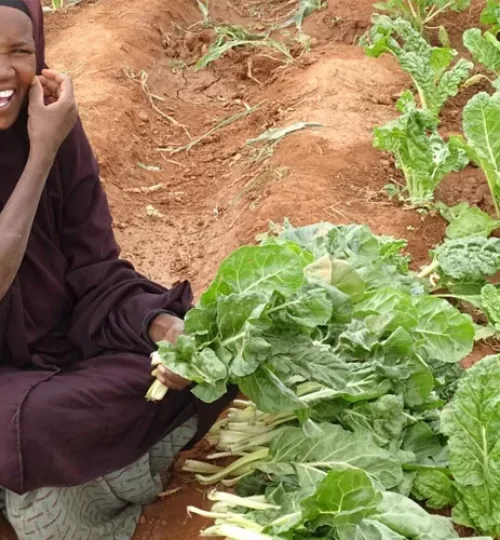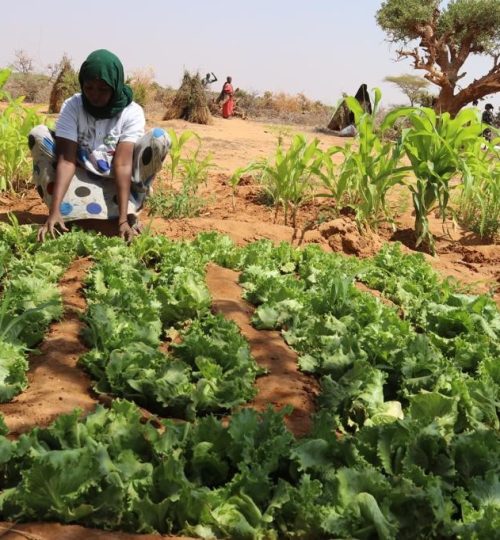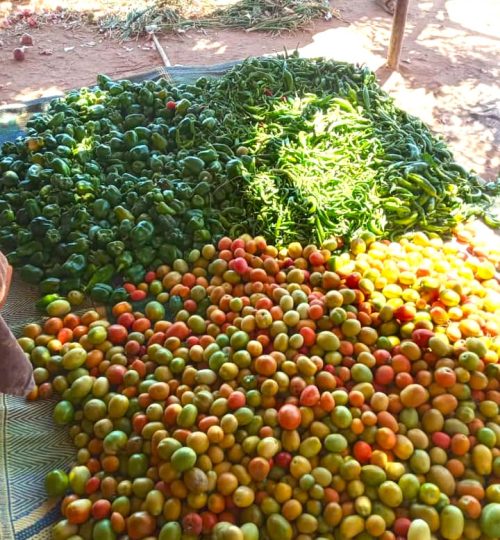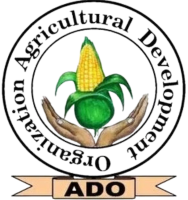Agriculture Development Programs
ADO promotes livelihood diversification and income generation sources by applying (FAAB) Farm as a Business approach to ensure the economic status of small-scale farmers. Producing nutritious and diversified food crops enabled the farming household to adopt agricultural practices earning a sustainable income and increasing under-nutrition status in families as they have access to nourishing and diversified foods in their local markets. ADO provided all agricultural technologies and means of production that made farmers more resilient to adverse impacts of climate variability.
ADO provides smallholder farmers and agro-pastoralists with training and extension in business skills with agricultural practices while strengthening farmer organizational capacity by:
– Promoting and supporting the creation of a sustainable agricultural environment and promoting the concept of ‘Farming as a Business.’ (FAAB)
– Boosting community socio- economic development
– Connecting smallholders to input suppliers, financial services, and the business market
– Stimulating the use of innovative technologies and mechanization tools and services
Agricultural-Nutritional Sensitive (Integration of Agriculture and Nutrition)
ADO emphasizes the integration of farming systems and crop diversification methods to encourage farmers to grow the maximum amount of crops from their farms. This will avoid market failures and expand access to the consumption of nutritionally diversified foods that contributes to the boost of health in children and mothers. The program introduced the establishment of small irrigated farms (drip irrigation systems) for rural farmer cooperatives – particularly women groups. This project provided all the production mechanisms and technical support they needed. Farmers adapted to generating more nutritious crops including legumes, fruits, and vegetable crops, supplying local markets as well as Hargeisa and Odwayne markets. Recipients benefited from the ‘FAAB’ approach and have increased their household income, the rural families are well-adapted to the consumption of nutritionally diversified crops, improving food and nutrition security.




